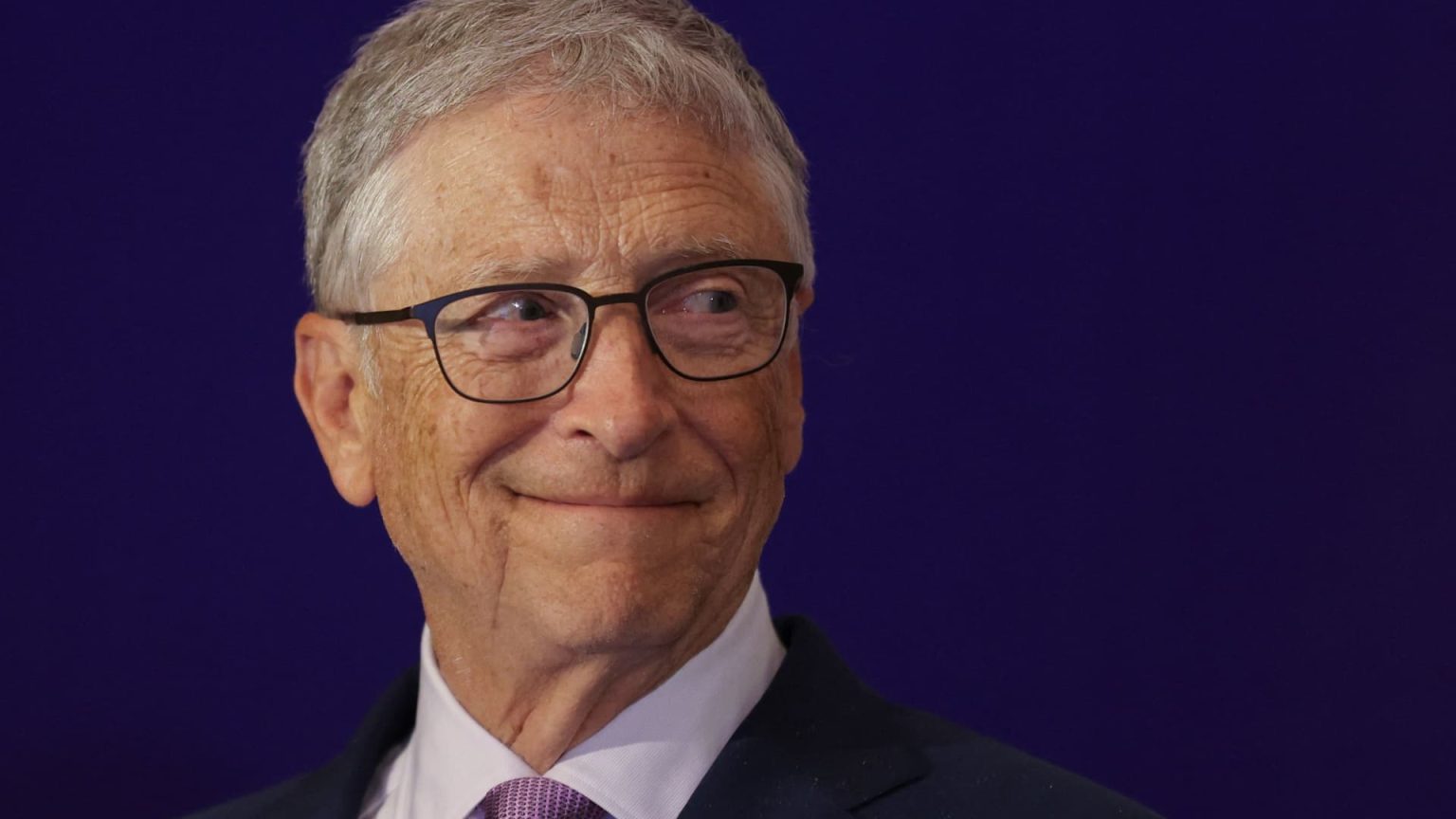Bill Gates and Warren Buffett, two of the world’s most successful billionaires, have been friends for over three decades and have exchanged valuable lessons with each other. Gates recently shared one important lesson he wishes he had learned earlier in his career — to clear up his busy schedule in order to be happier and more productive. Gates, who used to pack his schedule with back-to-back meetings and tasks, realized the importance of leaving empty slots in his calendar after observing Buffett’s intentionally light schedule. This revelation led Gates to understand that success is not measured by how busy one is, but rather by how effectively one manages their time.
During his tenure as CEO of Microsoft, Gates was known for his demanding work schedule and high expectations of his employees. However, after witnessing Buffett’s minimalist approach to scheduling, Gates began to prioritize his time and focus on what truly mattered. Buffett, who values his time more than anything else, understands the importance of striking a balance between work and personal life. His philosophy of “work smarter, not harder” is supported by research that shows working excessive hours can lead to decreased productivity and increased stress levels. Finding the right balance between work and leisure time is essential for optimal performance and overall well-being.
Research has shown that working more than 50 hours per week can lead to diminishing returns in productivity, highlighting the importance of setting boundaries and managing one’s time effectively. The ideal amount of daily free time for individuals is up to 9.5 hours, according to a recent study. While this may seem unattainable for many busy professionals, allocating more discretionary time can have long-term health benefits and reduce stress levels. Gates acknowledges that it took him years to realize the importance of work-life balance and urges others not to make the same mistake. Taking breaks, nurturing relationships, and celebrating successes are all essential components of a healthy and fulfilling life.
Gates emphasizes the value of vacations, weekends, and downtime, encouraging individuals to prioritize self-care and well-being. By learning to take it easy on oneself and those around them, individuals can prevent burnout and maintain a healthy work-life balance. CNBC offers an online course on effective communication, which includes tips on public speaking, calming nerves, and mastering body language. By developing strong communication skills, individuals can become more confident and successful in various aspects of their lives. Additionally, subscribing to CNBC Make It’s newsletter provides valuable insights and strategies for achieving success in the workplace, managing finances, and improving overall well-being.
In conclusion, the friendship between Bill Gates and Warren Buffett has not only been a source of inspiration but also a platform for sharing valuable lessons on success, productivity, and work-life balance. By learning from each other’s experiences and perspectives, Gates and Buffett have cemented their friendship and contributed to each other’s personal and professional growth. As they continue to navigate the complexities of the business world, their shared wisdom serves as a reminder that true success is not just about hard work, but also about smart work and mindful time management. Taking cues from these two influential leaders, individuals can strive for a more balanced and fulfilling life, where success is measured not by busyness, but by purposeful and intentional use of time.













